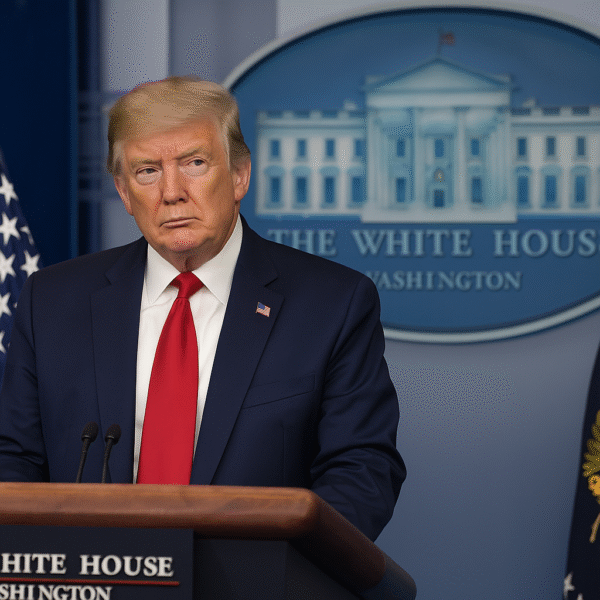Discreet Tourism on the Rise in 2025: How Legal Anonymous Travel Is Reshaping Global Destinations
As international tourism rebounds in 2025, a quiet but powerful movement is reshaping the way people explore the world. Legal anonymous travel — the practice of journeying while minimizing biometric exposure and digital surveillance — is becoming a compelling alternative for a growing class of privacy-conscious travelers.
Across the globe, biometric surveillance has become the norm. Over 93% of commercial airports now employ facial recognition, iris scans, and fingerprint authentication for border control, according to international aviation watchdogs. These systems — including PNR (Passenger Name Record), API (Advanced Passenger Information), and entry-exit biometrics — feed data into vast networks monitored by countries like the U.S., UK, Canada, and China.
Yet, in response to this growing surveillance ecosystem, a new travel ethos is gaining momentum: law-abiding anonymity. Professionals, high-profile individuals, and even average travelers are seeking safe, legitimate ways to explore the world without leaving a trail.
Legal Foundations of Anonymous Travel
Firms like Amicus International Consulting now advise clients on completely legal paths to preserve their privacy. These include second citizenship acquisition, biometric data management, lawful name changes, and route planning that avoids heavily surveilled transit zones.
The aim isn’t secrecy — it’s autonomy. “Legal anonymous travel is about protecting one’s right to movement without unnecessary digital intrusion,” says a spokesperson from a privacy rights NGO. For journalists, political dissidents, or those escaping online harassment, the ability to cross borders without triggering databases tied to outdated information can be critical.
Second Passports and Identity Reinvention
Caribbean countries like Saint Kitts and Nevis, Dominica, and Antigua offer citizenship-by-investment programs that are not only legal but strategically valuable. These second passports provide access to countries with lighter travel restrictions and often bypass data-sharing pacts enforced by larger blocs like the EU or the U.S.
For instance, a European traveler previously tied to the upcoming ETIAS entry authorization system might instead use a Caribbean passport to enter visa-free nations discreetly. This allows them to travel under a new legal identity, free from historical data tracking.
Surveillance-Free Travel Zones: A New Kind of Destination
Certain regional alliances offer even more appeal. CARICOM in the Caribbean, ECOWAS in West Africa, MERCOSUR in South America, and the EU’s Schengen Area all facilitate intra-regional mobility with reduced biometric monitoring. These zones are now being marketed not just for ease of movement, but for their digital light footprint.
In places like Suriname, Guyana, and Belize, tourism boards are recognizing this trend and crafting itineraries for travelers who prioritize authenticity, minimal data exposure, and off-the-radar charm.
Private Aviation and Charter Routes: The New Jet Set
Private aviation is another sector seeing growth due to the demand for discretion. Domestic charters in the U.S. and regional flights across Central America and the Caribbean allow for travel that doesn’t pass through heavily biometricized commercial terminals.
These services are particularly popular among businesspeople, celebrities, and diplomats, but are also being adopted by digital nomads and wellness travelers looking for privacy as part of their overall experience.
Identity Change: The Right to Start Anew
Name change petitions are legal under civil law in most countries and can serve as a lifeline for individuals facing online harassment, stalking, or personal danger. A new legal name allows for updated travel documentation — passports, visas, and airline accounts — that won’t be automatically flagged by automated surveillance systems.
Consular services in Canada, the U.S., and European nations often assist citizens in this process, provided all changes are officially registered and documented.
Privacy Tourism’s Impact on the Global Industry
This legal anonymity movement is driving structural changes in tourism. Luxury resorts are now offering privacy-first check-ins, encrypted guest profiles, and discreet concierge services. Booking platforms are experimenting with privacy-enhancing technologies (PETs) that mask user activity while allowing for seamless reservations.
Tour operators specializing in remote villages in Paraguay, cultural enclaves in Ghana, or rural Jamaican retreats are seeing a boom in clients drawn to these surveillance-light settings. These visitors tend to spend more, stay longer, and engage more deeply with local communities — all while avoiding crowded, tech-heavy destinations.
Economic Ripple Effects
Tourism dollars are flowing to previously overlooked areas. Local economies benefit from increased demand for guides, transport, accommodation, and cultural artisanship. In regions of Africa, South America, and the Caribbean, this shift is helping diversify tourism economies beyond cruise ports and international chain hotels.
Tourism boards are responding by training agents in privacy-based travel consultation, offering digital-free experiences, and supporting entrepreneurs who cater to this clientele.
Risks and Responsible Regulation
Of course, anonymity comes with risks. Criminal networks have exploited identity change services and forged passports. That’s why transparency and compliance are essential. Governments and international bodies are being urged to create clearer oversight for private charter services, name change petitions, and passport investment programs to ensure they serve legal travelers — not criminals.
“Respecting privacy should not mean enabling abuse,” warns a recent report from the UN World Tourism Organization (UNWTO). Stronger regulation can preserve privacy without sacrificing safety.
The Future of Travel Is Private
As travelers seek not only where to go but how to go — and who to be along the way — the rise of legal anonymous travel marks a turning point. It’s not about hiding; it’s about choosing how much of oneself to reveal in a world where data is currency.
In 2025 and beyond, discreet, lawful, and privacy-conscious tourism may no longer be a niche — it may become the new standard.
For more travel news like this, keep reading Global Travel Wire

















